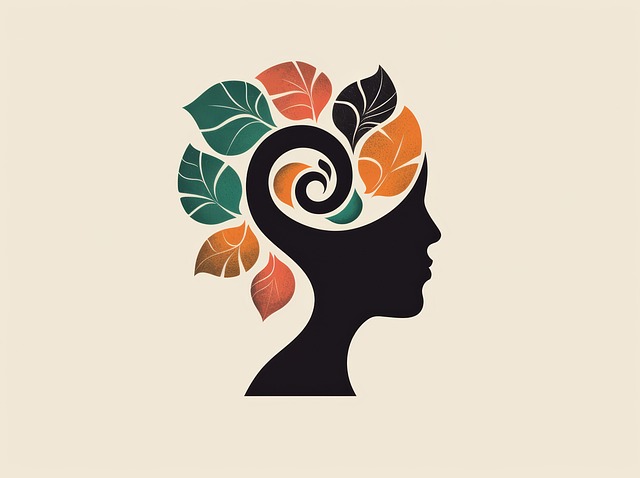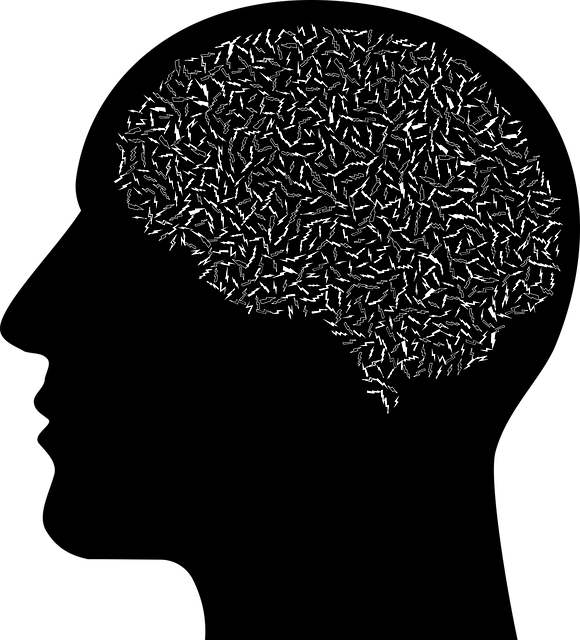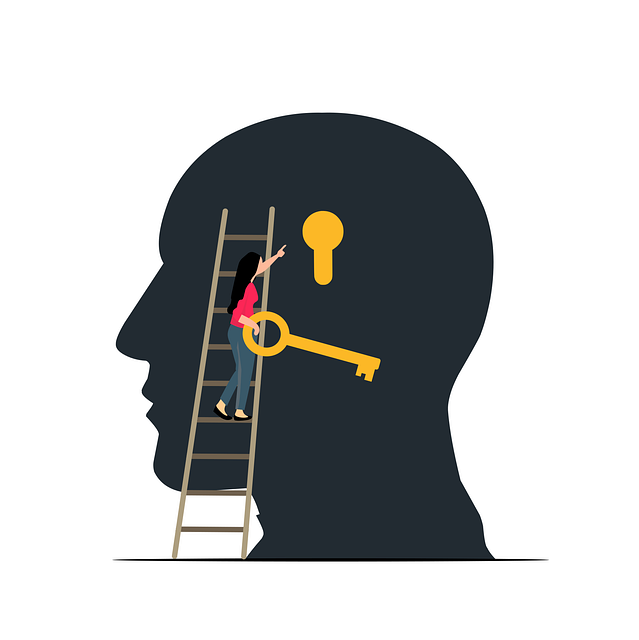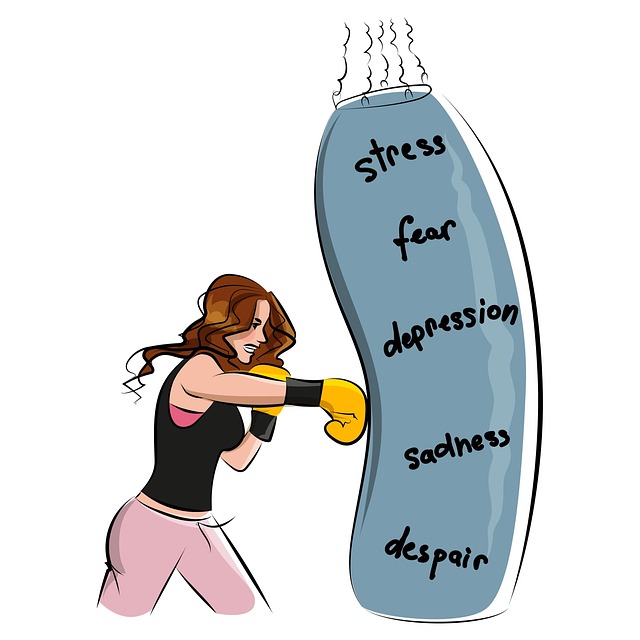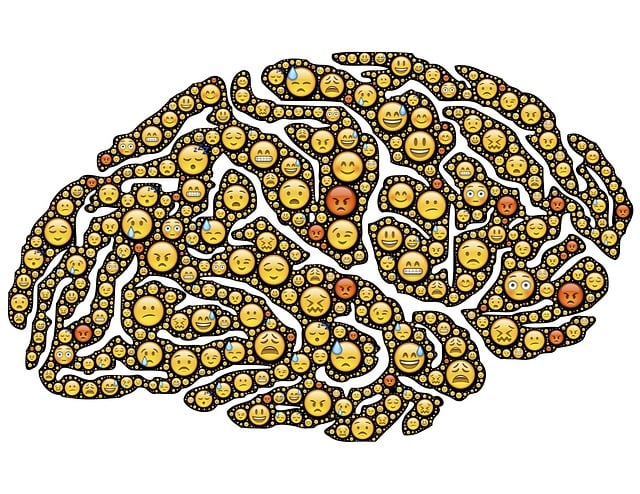Mental wellness involves holistic care for emotional, psychological, and social well-being, especially crucial in today's fast pace. Northglenn ADD-ADHD Therapy offers personalized routines focusing on compassion, mindfulness, healthy habits, and trauma support to manage stress, improve mood, and build resilience. This specialized approach helps individuals uncover triggers, set goals, regulate emotions, and develop organizational skills for better overall well-being. Crafting a tailored self-care routine involving physical, mental, and emotional practices is key; this includes activities like exercise, mindfulness, journaling, nature connection, deep breathing, yoga, and hobbies to reduce stress and prevent burnout. Regular progress monitoring through journaling or digital tools ensures strategies remain effective, supporting mental wellness journey with Northglenn ADD-ADHD Therapy guidance.
“Unwind, recharge, and embrace a healthier you! In this comprehensive guide, we explore the art of cultivating a mental wellness self-care routine, tailored for individuals in Northglenn seeking ADD-ADHD therapy. Understanding the fundamentals of mental wellness sets the stage for personal growth. By identifying individual needs and triggers, we empower readers to craft a unique self-care plan. From strategic routines to integrating physical and mindful practices, this article offers practical strategies for a balanced approach to well-being.”
- Understanding Mental Wellness and Self-Care
- Identifying Personal Needs and Triggers for Northglenn ADD-ADHD Therapy
- Crafting a Tailored Routine: Strategies and Activities
- Integrating Physical and Mindful Practices
- Monitoring Progress and Adjusting Your Self-Care Plan
Understanding Mental Wellness and Self-Care

Mental wellness is a fundamental aspect of overall well-being, encompassing our emotional, psychological, and social health. It’s about recognizing and attending to our unique needs, fostering resilience, and cultivating a sense of balance. In today’s fast-paced world, incorporating self-care practices becomes an indispensable tool for maintaining mental wellness. This involves intentionally setting aside time for activities that nurture our minds, bodies, and spirits, promoting relaxation, stress reduction, and improved mood management.
At Northglenn ADD-ADHD Therapy, we emphasize the importance of tailoring self-care routines to individual needs. Whether it’s engaging in compassionate cultivation practices, practicing mindfulness techniques, or adopting healthy lifestyle habits, these strategies collectively contribute to robust mental wellness. Moreover, trauma support services play a significant role in healing and resilience building, ensuring individuals can navigate life’s challenges with greater ease.
Identifying Personal Needs and Triggers for Northglenn ADD-ADHD Therapy

In the journey towards cultivating a robust mental wellness self-care routine, Northglenn ADD-ADHD Therapy plays a pivotal role in identifying personal needs and triggers. This therapeutic approach is tailored to understand the unique challenges faced by individuals with Attention Deficit Hyperactivity Disorder (ADHD). By delving into one’s daily experiences, emotions, and behaviors, therapists help clients uncover specific patterns that contribute to both obstacles and successes. The process involves exploring personal goals, past traumas, and current stressors, enabling individuals to develop strategies for managing symptoms effectively.
Through Northglenn ADD-ADHD Therapy, patients gain valuable insights into their triggers, which are often interconnected with emotional regulation, time management, and organizational skills. Armed with this knowledge, they can proactively implement confidence-boosting techniques, foster positive thinking, and equip themselves with crisis intervention guidance. This holistic approach not only enhances overall well-being but also empowers individuals to navigate life’s challenges with resilience and self-compassion.
Crafting a Tailored Routine: Strategies and Activities

Crafting a self-care routine that aligns with your unique needs is essential for maintaining mental wellness. This process involves introspection and creativity to identify activities that rejuvenate and reset your mind, especially in the face of challenges like Northglenn ADD-ADHD Therapy. Start by evaluating your daily life, passions, and triggers for stress or burnout. Incorporate a mix of physical, mental, and emotional practices tailored to your lifestyle. For instance, dedicated time for exercise, mindfulness meditation, journaling, or connecting with nature can significantly enhance well-being.
Consider integrating various Stress Reduction Methods, such as deep breathing exercises or yoga, into your routine to combat anxiety. Depression Prevention strategies like maintaining a consistent sleep schedule and engaging in hobbies can also be powerful tools. For healthcare providers facing Burnout Prevention Strategies, incorporating self-care becomes even more critical. Whether it’s setting boundaries, delegating tasks, or practicing self-compassion, these strategies ensure professionals can offer their best while nurturing their mental health.
Integrating Physical and Mindful Practices

Incorporating physical and mindful practices is a powerful strategy for cultivating mental wellness. Northglenn ADD-ADHD Therapy emphasizes this holistic approach to self-care, recognizing that the mind and body are intricately connected. Regular exercise, such as walking, yoga, or even dancing, releases endorphins that can reduce stress and improve mood, creating a sense of calm and balance. Additionally, mindfulness techniques like meditation and deep breathing exercises promote positive thinking and enhance mental clarity, helping to combat the effects of burnout prevention.
This integration allows individuals to engage in confidence-boosting activities that support both physical and mental health. By combining these practices, one can create a robust self-care routine tailored to their unique needs. Such routines foster resilience, enabling individuals to navigate life’s challenges with greater ease and a sense of empowerment, all while nurturing a healthier relationship with oneself.
Monitoring Progress and Adjusting Your Self-Care Plan

Monitoring your progress and adjusting your self-care plan is an essential part of maintaining mental wellness. Regularly assess how different practices impact your overall well-being, focusing on both short-term and long-term goals. This could involve tracking your mood, energy levels, sleep quality, and the effectiveness of specific self-care strategies you’ve adopted. By keeping a journal or using digital tools designed for this purpose, you can gain valuable insights into what works best for you.
For instance, if you’ve incorporated Northglenn ADD-ADHD Therapy into your routine, observe whether it helps in managing symptoms and improving focus. If certain aspects of your self-care plan are not yielding the desired results, don’t hesitate to make adjustments. Flexibility is key; tailor your strategies to align with your evolving needs, ensuring that your mental health education programs design remains relevant and effective. This proactive approach, coupled with Mental Illness Stigma Reduction Efforts, can significantly enhance your overall mental wellness journey.
Developing a robust mental wellness self-care routine, with strategies informed by Northglenn ADD-ADHD Therapy, is a transformative journey. By understanding your personal needs and triggers, crafting tailored activities, integrating physical and mindful practices, and continually monitoring progress, you can create a sustainable plan that enhances overall well-being. Embrace these strategies to cultivate a resilient mind and lead a more fulfilling life.
